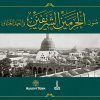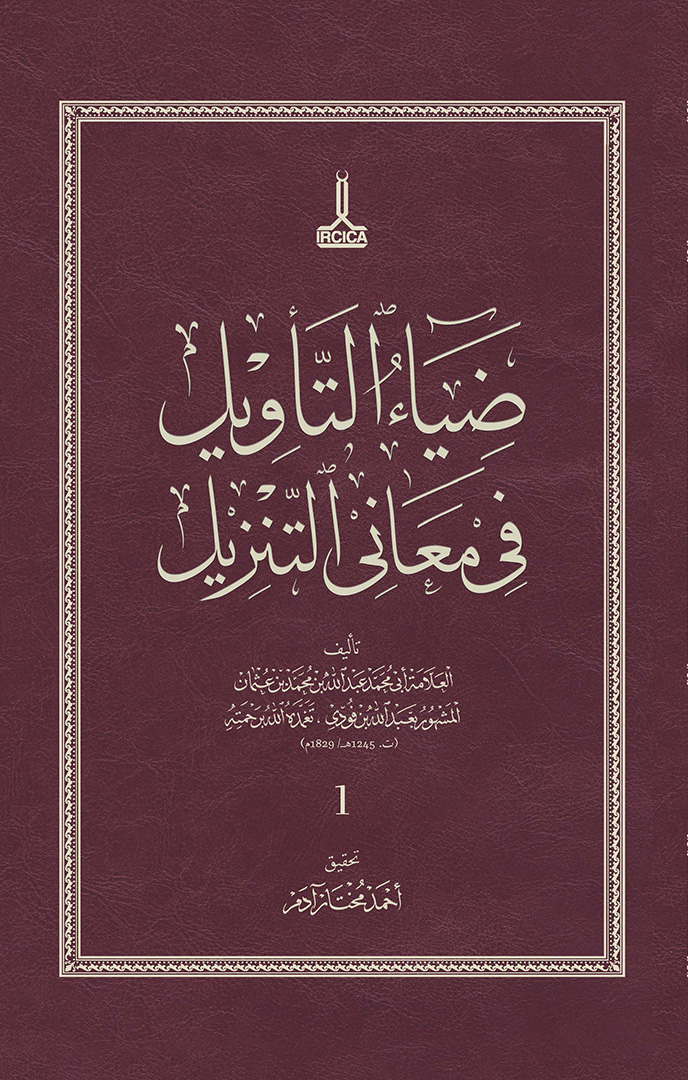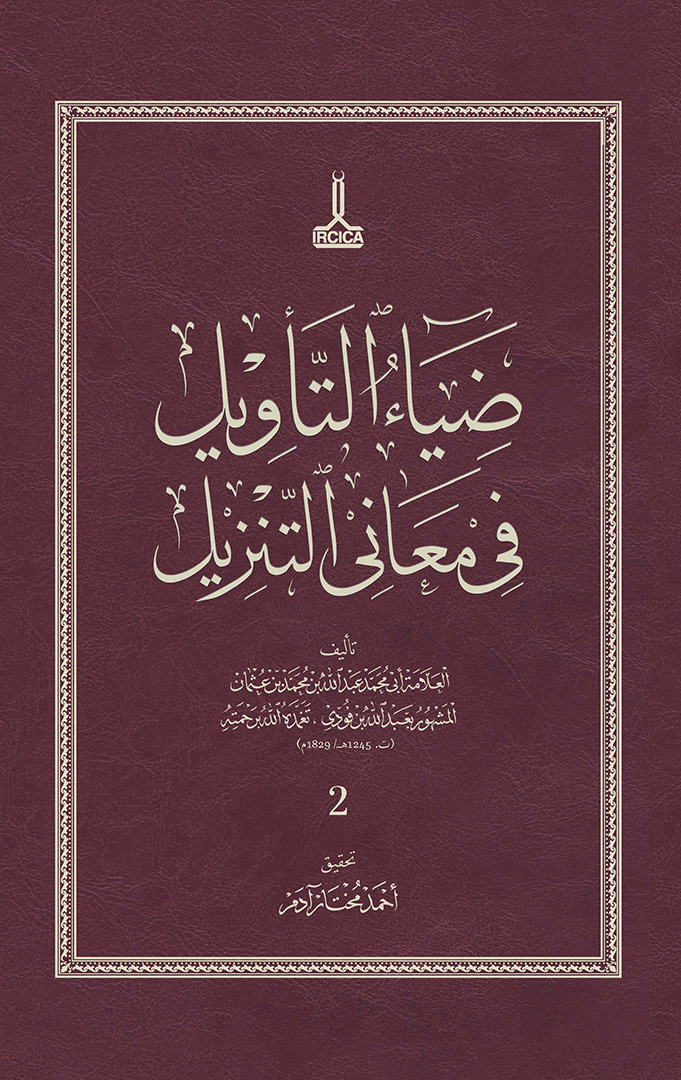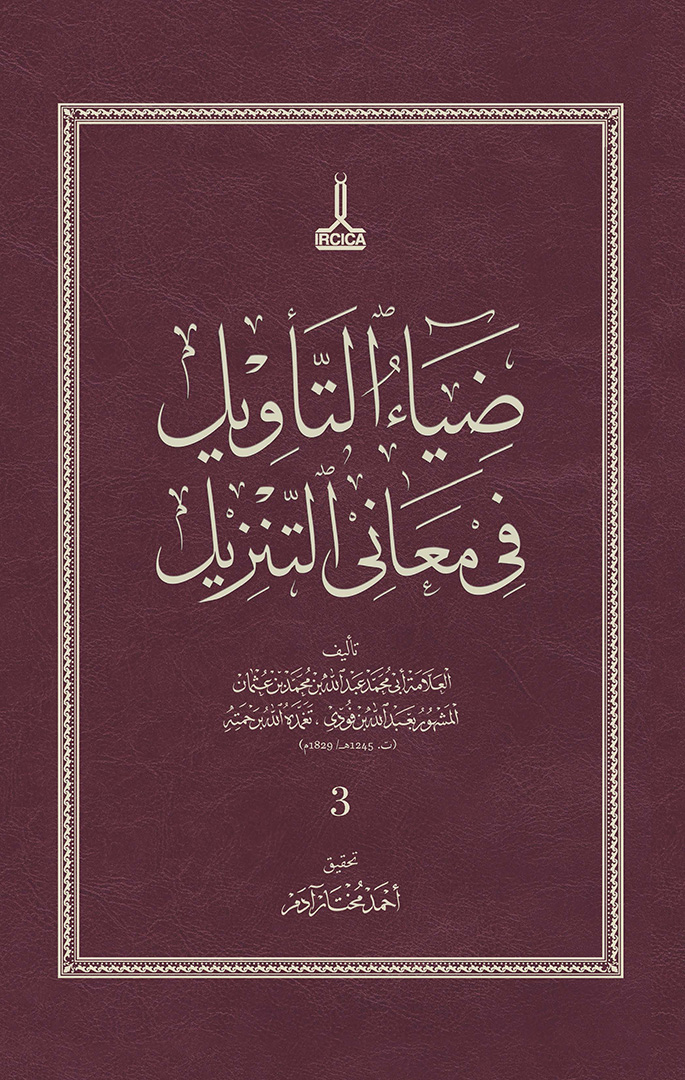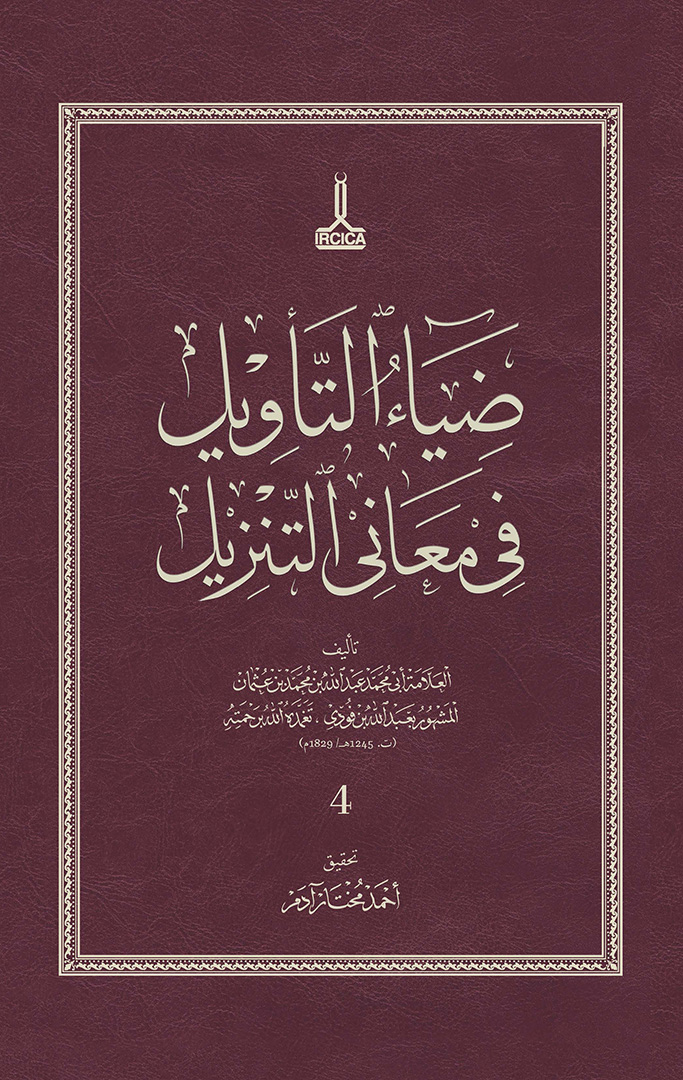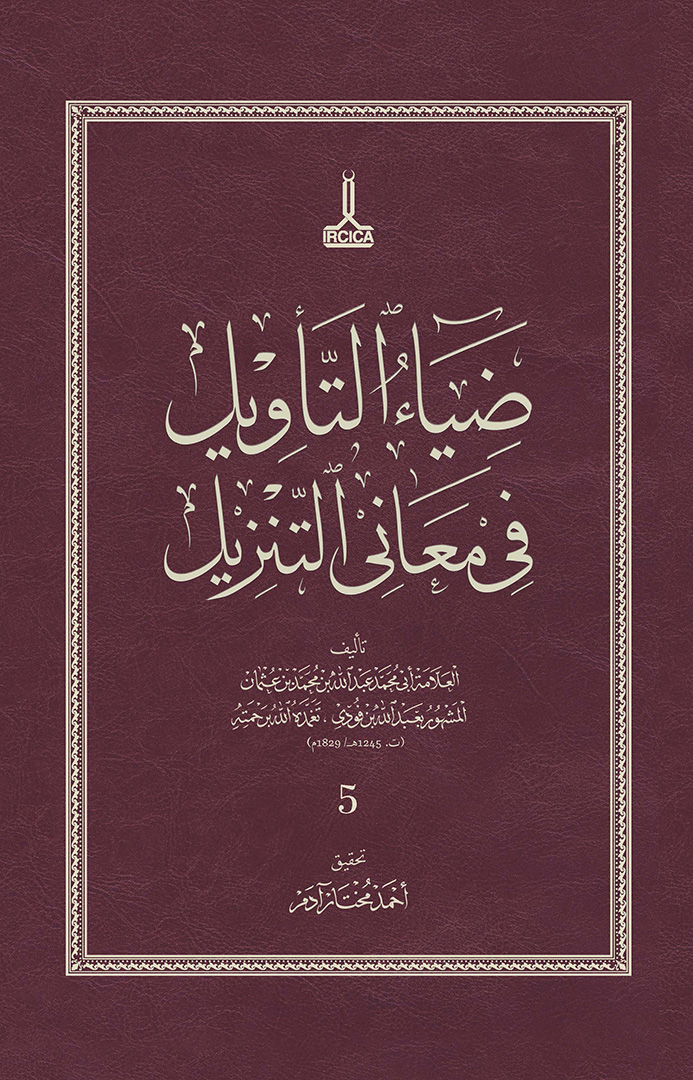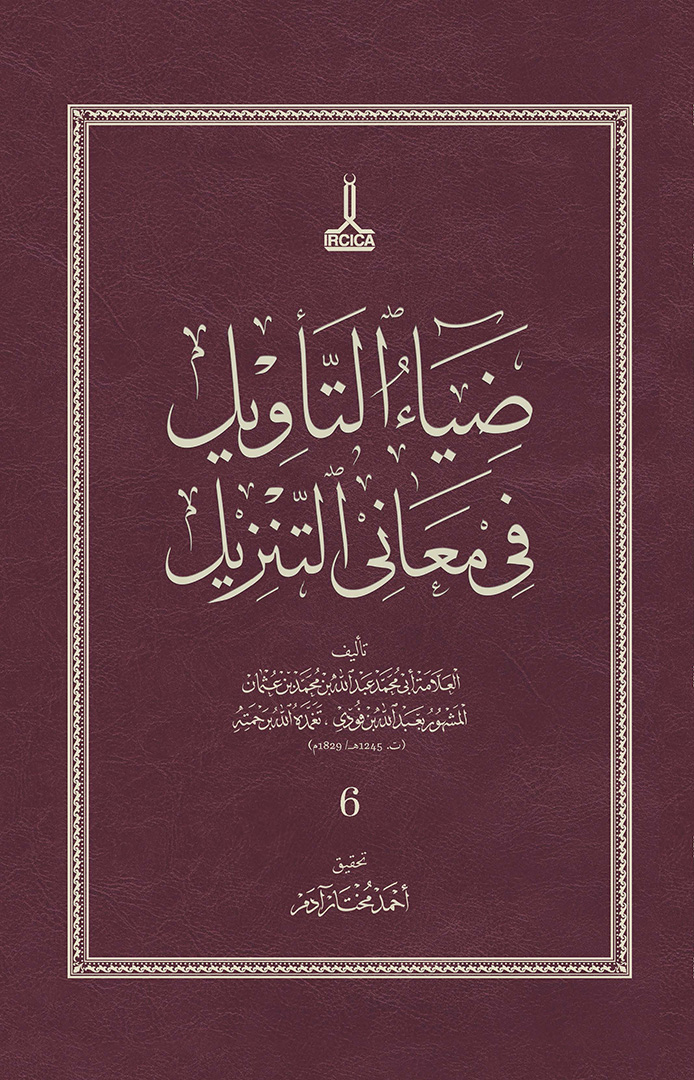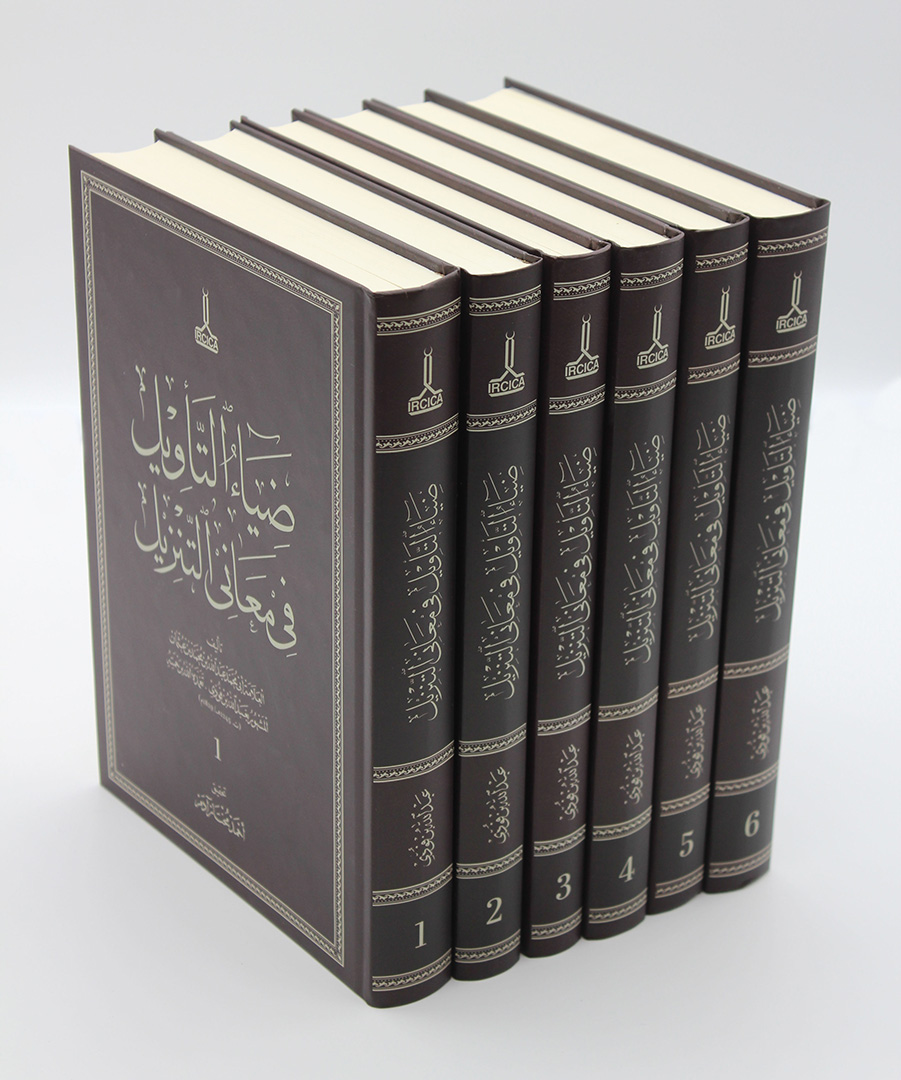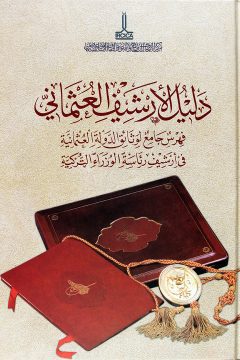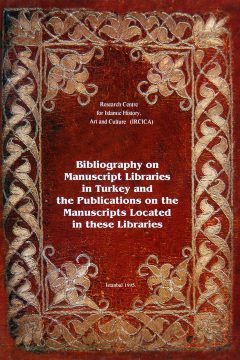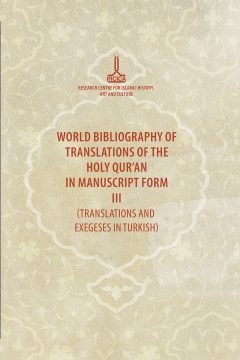Abu Mohammed Abdullah bin Mohammed Ibn Fudi (1766-1829) was the younger brother of Othman b. Fudi (the founder of the Fulani State in Nigeria). The title “Fudi” passed on from his father means “faqih” (jurist) in the Fulani language. Abdullah Ibn Fudi specialized in tafsir, fiqh, hadith, sufism, and Arabic language and literature. One of his prominent teachers was Sheikh Jibril b. Omar, by whom he was admitted to the Qadiri order. Ibn Fudi became well-known in West Africa with his treatises mainly in the fields of tafsir and Arabic language. He wrote the Qur’an exegesis titled Diya al-Ta’wil fi Ma’ani al-Tanzil in Arabic in the year 1815. Together with the interpretations of verses, he provided the seven modes of recitation, the views of the four Sunni imams, and indications on rhetoric and grammar. It is a significant tafsir in West Africa that played a key role in the curriculum in the region’s centres of learning.
The edition of Diya al-Ta’wil fi Ma’ani al-Tanzil has been prepared for publication by Dr. Ahmed Mukhtar Adam, researcher at IRCICA, on the basis of the following four copies of the work: the complete manuscript copy at Arewa House, Ahmadu Bello University, Kaduna, Nigeria, the complete manuscript copy at Ahl Al-Bait Library in Sokoto, Nigeria; the partial copy (until the end of Sourate Al-Isra) at Arewa House, Nigeria, and the copy printed in 1961 in Cairo, Egypt. IRCICA is pleased to publish Ibn Fudi’s tafsir of historical importance.

